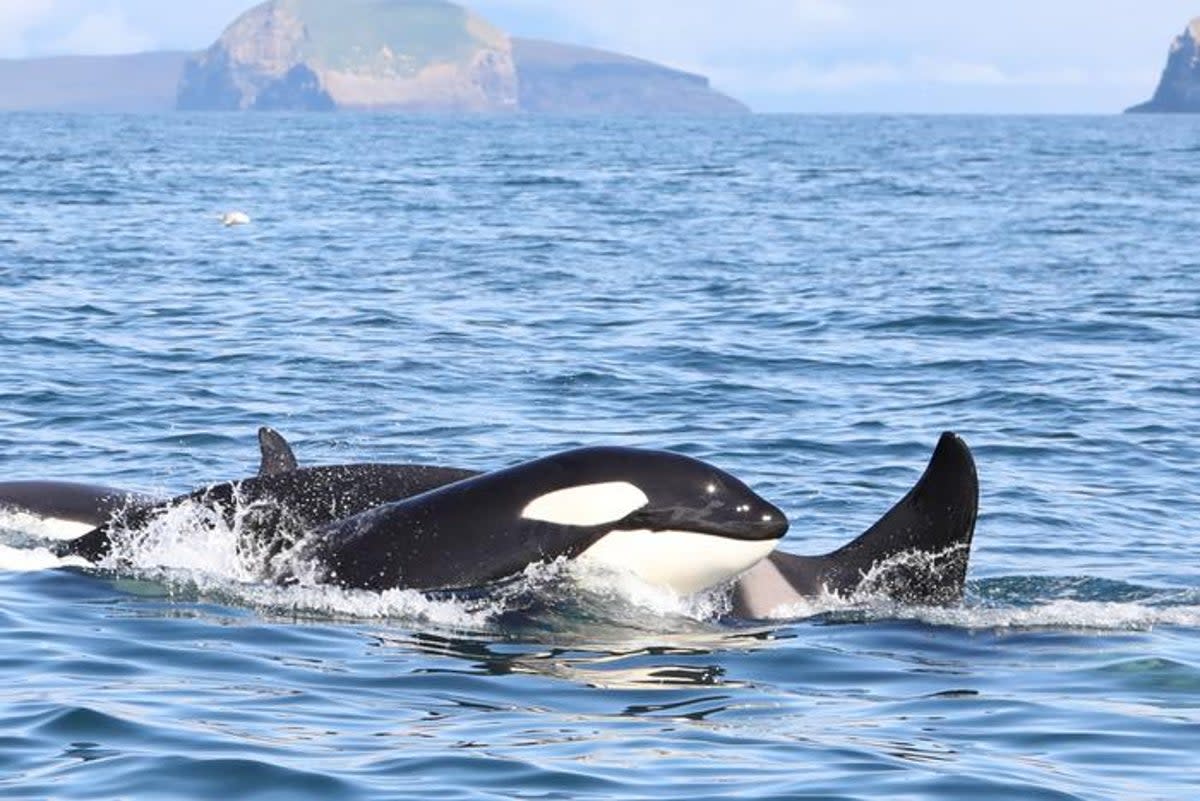Menopausal female whales live decades longer, study finds

Some whales that experience menopause can live nearly 40 years longer than others of similar size, according to a new study that sheds more light on the biology of ageing.
Researchers assessed five whale species – short-finned pilot whales, false killer whales, killer whales, narwhals, and beluga whales – which are the only mammals other than humans known to go through menopause.
Females in these species are known to outlive the males, scientists said, citing the example of female killer whales that can live into their 80s, while males are typically dead by 40.
The new study found that menopause in toothed whales evolved by natural selection to increase the total lifespan of females of the species without also extending their reproductive lifespan.
By living longer without an extension of the years during which they breed, these female whales have more years to help their offspring and grand-offspring.
Thanks to menopause, they can do so without increasing the “overlap” period when they compete with their daughters by breeding and raising calves at the same time.
The older female whales share food and use their knowledge to guide the group to find more food when it is in short supply.
“Our study provides evidence that menopause evolved by expanding female lifespan beyond their reproductive years rather than from reduced reproductive lifespan,” study co-author Dan Franks said in a statement.
The process of evolution is normally seen to work by favouring traits that animals can use to pass their genes down the generations.
While in most species, the females breed for most of their lifespans, six of the 5,000 known mammals go through menopause.
But how and why menopause evolved has not been completely understood across all these species.
“Previous research on menopause evolution has tended to focus on single species, typically humans or killer whales,” the researchers said. “This study is the first to cross several species, enabled by the recent discovery of menopause in multiple species of toothed whales.”
The new research also sheds light on the “very specific circumstances” in which menopause evolved in these mammal species with long post-reproductive life.
“Firstly, a species must have a social structure in which females spend their lives in close contact with their offspring and grand-offspring. Secondly, the females must have an opportunity to help in ways that improve the survival chances of their family,” another study co-author, Darren Croft of the University of Exeter, explained.


